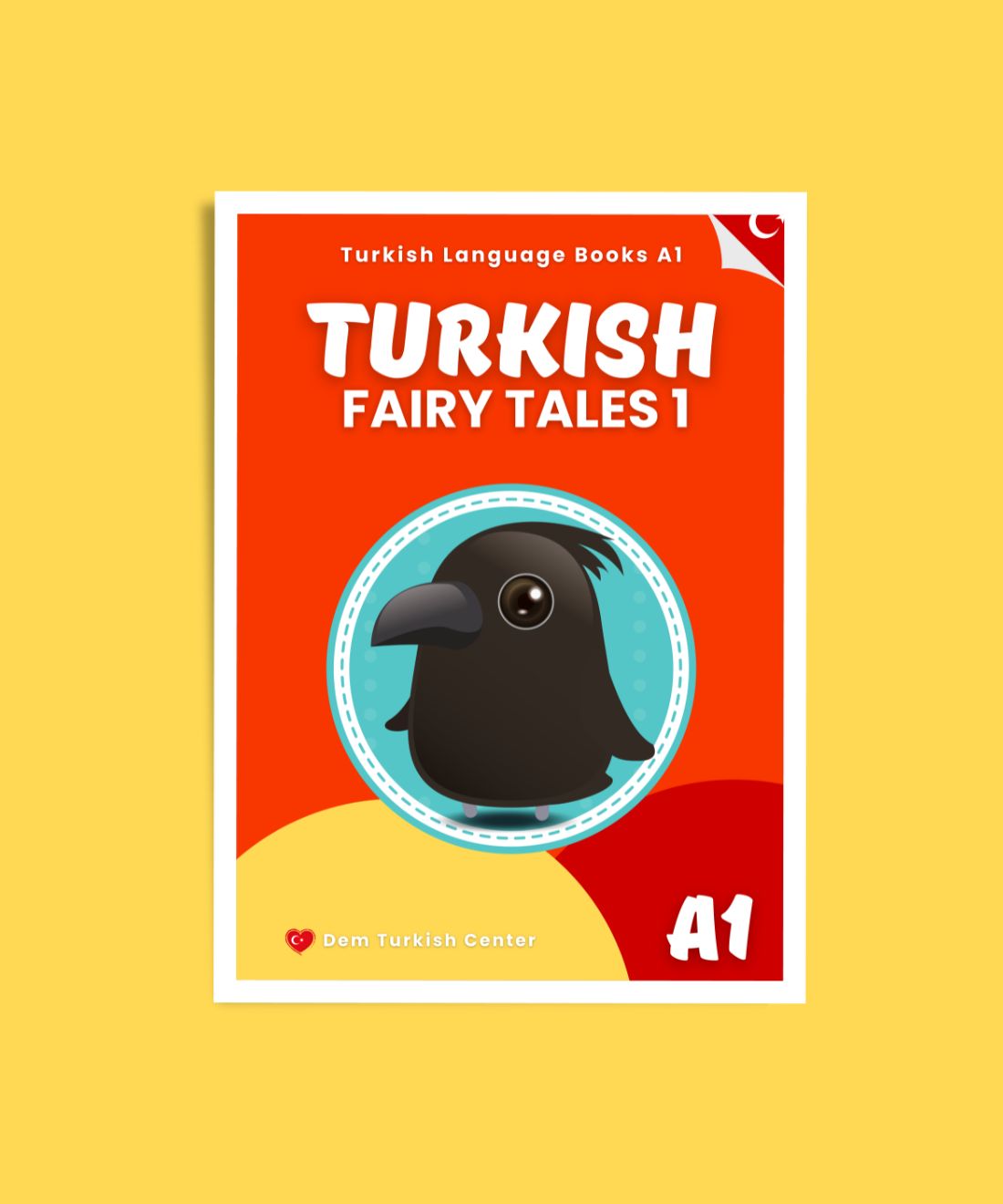
How to Build Your Turkish Vocabulary with Word Associations
Learning Turkish vocabulary can feel like a daunting task, especially if you're starting from scratch. But with the power of word associations, you can make the process more engaging, effective, and memorable. This method involves connecting new words to concepts, images, or experiences that are already familiar to you.
HOW TO BUILD YOUR TURKISH VOCABULARY
Here's how you can use word associations to build your Turkish vocabulary with ease.
1. What Are Word Associations?
Word associations are mental links you create between new vocabulary and something you already know. By forming these connections, you make the word easier to recall later. For example:
The Turkish word for "cat" is *kedi*. You might associate it with "kitty," which sounds similar and also means "cat" in English.
This technique leverages your brain’s natural ability to find patterns and make connections.
90 Essential Verbs For Everyday Use
2. Benefits of Using Word Associations
- Improved Memory Associating new words with familiar concepts strengthens recall.
- Faster Learning Making connections reduces the time needed to memorize.
- Personalized Learning You create associations that are meaningful to you, making them more effective.
- Engaging Practice Turning vocabulary into a creative exercise makes learning more fun.
100 Turkish Words For Everyday Use
3. How to Create Word Associations for Turkish Vocabulary
a. Link Similar Sounds
Find English words that sound similar to Turkish words and create a mental connection. For example:
- Balık (fish) Imagine a "bucket" of fish. ("Balık" sounds like "bucket.")
- Gül (rose) Picture a rose that makes you "giggle." ("Gül" sounds like "giggle.")
b. Use Visual Imagery
Create a mental image that combines the word with its meaning:
- Ev (house) Picture an envelope shaped like a house. ("Ev" sounds like the start of "envelope.")
- Deniz (sea) Imagine a "dense" blue sea filled with fish.
c. Connect to Personal Experiences
Tie the word to a personal memory or experience:
- Çay (tea) Think about the time you drank tea at a Turkish café.
- Hava (air) Recall a breezy day and how the air felt fresh.
d. Use Mnemonics
Craft a short, memorable story or sentence:
- Yemek (food) "You make great food!" ("Yemek" sounds like "you make.")
- Kitap (book) "Keep a book with you at all times." ("Kitap" sounds like "keep.")
50 Tips To Improve Your Turish Vocabulary
4. Tips for Effective Word Associations
a. Keep It Simple
The best associations are quick and easy to recall. Avoid overcomplicating them.
b. Be Creative
There are no rules for associations—use your imagination! Even the quirkiest ideas can work if they help you remember.
c. Practice Regularly
Revisit your associations frequently to reinforce them in your memory. Use flashcards or apps to test yourself.
d. Group Words by Theme
Organize your vocabulary into categories like food, travel, or emotions. This helps you create associations for related words together.
How to improve your Turkish vocabulary in 30 days!
5. Examples of Word Associations in Action
Here are some Turkish words with potential associations:
- Ay - Moon Picture a "giant eye" on the moon.
- Dost - Friend Think of a "trusty" friend ("dost").
- Kapı - Door "A cap on the door handle."
- Su - Water Imagine water spilling from a "suit."
- Tatıl - Vacation Think of a "tall" beach umbrella.
6. Tools to Enhance Word Associations
a. Turkish Flashcards
Apps like Anki and Quizlet let you add custom images and stories to your cards, making associations even more vivid.
b. Drawing
Sketch simple visuals that represent your associations. Even stick figures can help!
c. Language Apps
Apps like Memrise incorporate mnemonics and associations into their vocabulary lessons.
7. Practice Makes Perfect
Consistently using word associations in your Turkish studies will improve your vocabulary retention. Combine this method with speaking practice, listening exercises, and reading to reinforce your learning.
Word associations are a fun and effective way to build your Turkish vocabulary. By linking new words to familiar concepts, images, and experiences, you’ll learn faster and remember longer. Start experimenting with this method today and watch your Turkish skills soar! Kolay gelsin! (Good luck!)














